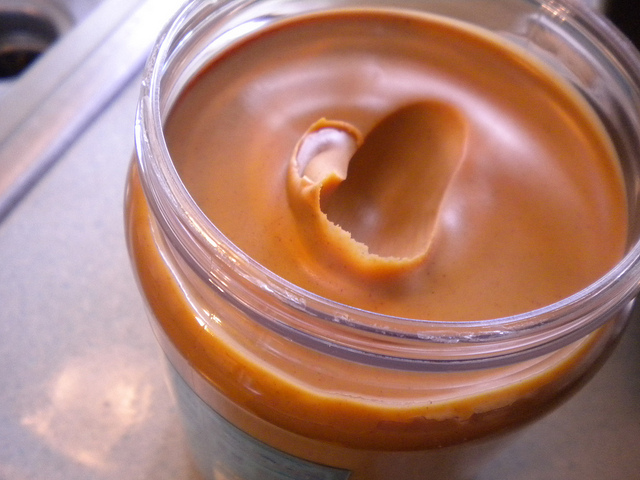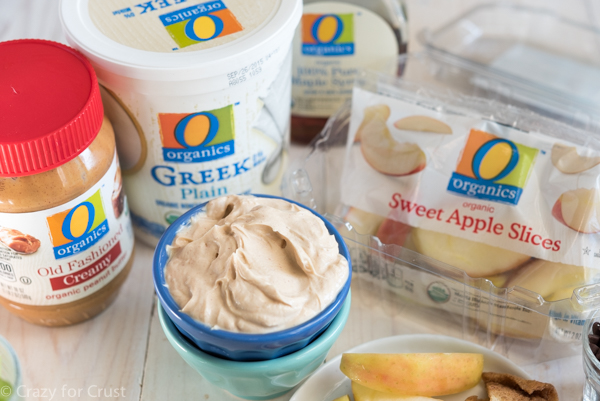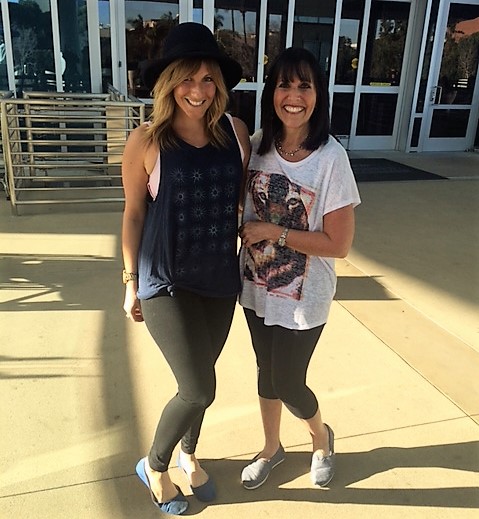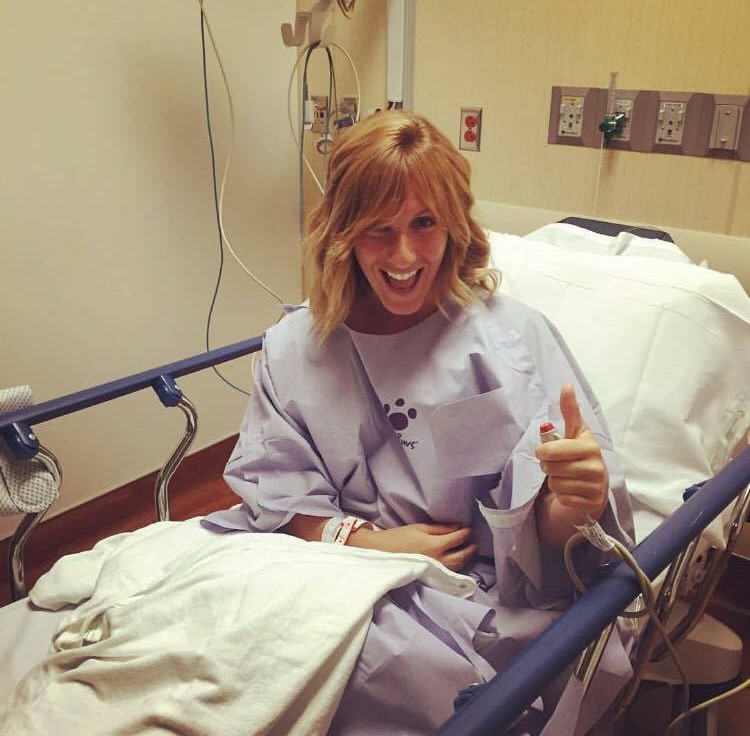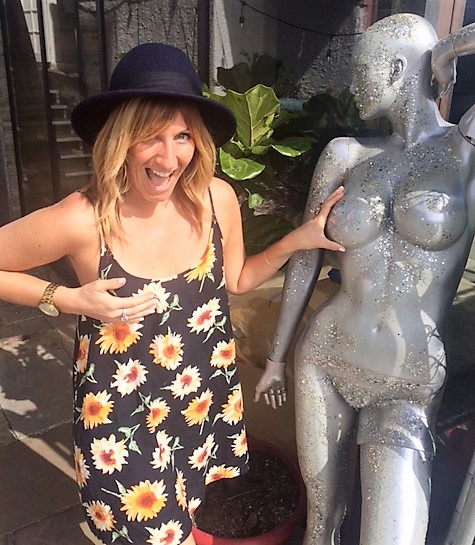Opening Ceremonies
Dr. McDonald, can you tell us a bit about what led you to do breast cancer research?
My mother, who is a breast cancer survivor, was diagnosed with Stage III breast cancer in 2012. She had been getting yearly mammograms, but the tumor was missed. She wanted to conserve her breast, but due to the extent of the tumor this was not successful. Eventually, she had a mastectomy, full axillary dissection, chemotherapy, chest wall and axillary radiation with several complications including a post procedural DVT (blood clot in the leg) requiring anticoagulation. Her treatment might not have required that many interventions had the tumor been diagnosed earlier. As a practicing physician, her illness inspired me to get additional training and begin a research career – both to improve early detection and provide more personalized treatment for breast cancer patients. I didn’t want other women to face the same challenges that my mother faced.

On The Route
Since we’ve got some time, could you tell us a bit about your current research?
Our research involves early-phase clinical trials and evaluating functional imaging, an imaging technique that displays the anatomy and the function of the breast which is used as a precision tool combined with a newly developed tracer for PET/CT scans. By looking at these images, we hope to measure or predict a biologic outcome like tumor progression by seeing which women have cancer cells that are actively growing. Early results from an ongoing clinical trial indicate that we are able to measure cancer cell growth with a functional imaging study shortly after a patient is diagnosed with cancer. This may be a key in helping select the best treatment for patients. Our overall goal is to have the right patient receive the right treatment for the best response and outcome.


Dr. McDonald in her lab
Pit Stop
Three things to know about Dr. McDonald:
- She enjoys the outdoors and spending time with her family when not in the clinic or the lab.
- She is absolutely dedicated to making a difference in the lives of women with breast cancer through: research, education, treatment, and advocacy.
- She enjoys walking with her mom to raise support for breast cancer research, when possible. These walks not only raise money, but provide a window into the vibrant community of long-term survivors who, through these events, support and encourage those recently diagnosed or just finishing treatment.
At Camp
Now that we’ve made it “home” for the night and are enjoying the support of our crew, can you tell us how your work would be affected without Komen funding?
To put it simply, my work would not be possible without Komen funding. As a clinician scientist, I have the amazing opportunity to care for patients directly and apply my scientific training to research that is bridging the gap from basic sciences to patient care. These studies are complex and take time to conduct, which would not be available to me without Komen funding. It is incredibly important for physician scientists involved in the direct care of patients to conduct the studies that could be the catalyst for future change in that field. Being involved in patient care brings an important perspective, but balancing clinical duties and research is also a huge challenge for clinicians, especially early in a research career. Without this funding, the future breakthroughs in novel therapies would take longer, or worse, would not happen at all, with fewer hours to spend on developing new treatments successfully. The work we are doing has immense potential to help patients, and the support of Komen has been essential in my ability to do this work.

Day 2
What would you say to somebody who’s just been diagnosed with breast cancer?
As a physician who performs breast biopsies, I communicate with patients who have a new diagnosis of breast cancer nearly every week. I tell them that most patients do very well, and treatments are continuing to improve – becoming more effective with fewer side-effects. Many patients are understandably distressed and some mention friends or relatives who have died from breast cancer. I sometimes communicate that, in the big picture, they will get through this and make it to the “other side” – good health – which is sometimes easier, with support and care from loved ones around them.
Sometimes I share my mom’s journey. The year of her treatment was challenging, but she got through it with dignity and grace. She is now a proud survivor, adding her voice to millions of women and men who are deeply impacted by their experiences with breast cancer. Each survivor comes through treatment stronger, and as part of a growing community of hope, determined to help others through advocacy and sharing their journey.

Cheering Station
Look at all of these enthusiastic supporters out along the route! What would your advice be to those who want to help make a difference in the fight against breast cancer?
People can make a difference by supporting friends and loved ones with breast cancer, donating to and advocating for cancer research funding on a local and national level, and attending or organizing fundraising events for research.

Mile 59
The finish line is in sight! Can you tell us about a defining moment when you realized the impact our work has in the fight against breast cancer?
After working closely with my Komen Grant Patient Advocate and breast density legislative champion, Cindy Spinello, to develop our clinical trial for many months, her breast cancer unfortunately returned. She was placed on a newer drug, a cell-cycle inhibitor, and was told that it would take a few months before her doctors would know whether the therapy was working. She said to me, “I wish our study was already completed, that I might possibly only wait days to know if the drug is working, not months.” I realized then how uncertainty adds additional pain to the journey of a patient with cancer and how comforting advance knowledge of therapeutic efficacy might be – the power of knowing through a reliable predictive biomarker.
Eventually, the tests showed that Cindy’s tumor was not responding to therapy. Things had instead progressed and she passed away six months after our conversation, shortly after I received notice that the clinical trial she had helped design was funded by Susan G. Komen.

Closing Ceremonies
Thanks for walking us through your research, Dr. McDonald! Any final thoughts you’d like to share with our walkers, crew and supporters?
I’m honored to receive Komen funds to help this important clinical trial. It is my hope that this trial assists us in developing new ways to measure and determine whether treatments are successful earlier. Early detection is key to long term survival and being able to measure and determine response to a treatment is equally essential. In my studies and research I think of how the conclusions will impact the patients I see and serve in the clinic. With your funding of breast cancer research at Komen we have the opportunity to change lives.
Dr. Elizabeth McDonald is an Assistant Professor at the University of Pennsylvania. Since 1982, Susan G. Komen has funded $920 million in breast cancer research, second only to the U.S. government and more than any other nonprofit in the world. Learn more here.


